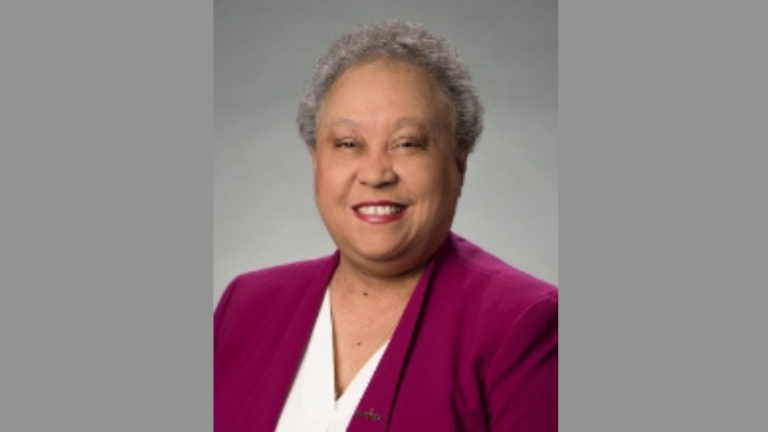
By Reginald Stuart
Historically Black Colleges and Universities (HBCUs), including Nashville’s Fisk University, did not top the list of institutions facing accreditation issues with the Southern Association of Colleges and Schools Commission on Colleges (SACSCOC), the influential peer group ratings organization based in Atlanta, for the first time in three years.
The group’s final fall meeting of the year concluded earlier this month with decisions on 197 accreditation items from colleges and institutions spanning the Southwest, Texas, Louisiana, and Florida, as well as up the East Coast to Delaware. Officials verified that institutions that looked to dominate the SASCOC agenda in the early years of this century were absent, with falling enrollment, financial obstacles, structural and other issues. Many other regulatory problems that had plagued the institutions for years were absent.
“They have worked very diligently to meet the requirements,” said Dr. Belle Wheelan, head of the SACS Commission on Colleges’ influential council. “More folks (higher education colleagues) are actively involved as peer reviewers, providing an opportunity to better understand how their peers analyse institutional responses,” said Dr. Wheelan, a former Virginia higher education administrator who has spent the last decade navigating the choppy waters of accreditation for Southern colleges.
“They are gathering with SACSCOC employees to better comprehend expectations,” Dr. Whelan said of the institutions’ efforts to right the ship. SACS has decertified a dozen schools in the last decade, including Knoxville College in Tennessee, which graduated its last class and closed its doors in 2015. Knoxville College is now fighting for survival with a restricted online product, has lost federal student aid money, has seen alumni support dwindle, and is being ignored by private benefactors.
SACSCOC issues pushed institutions in the region, such as Fisk University, Nashville’s first higher education institution, to the brink of accreditation loss, based on a variety of repeated findings ranging from teacher staffing issues to grounds keeping, declining cash endowment, enrollment, and support staffing. It has had a succession of leaders and is presently led by an alumnus for the second time as temporary president. Dr. Wheelan stated that the SASCOC colleagues have not compromised on standards. She stated that the HBCUs desired to be handled fairly by their colleagues. It is taking place.
HBCUs are achieving SACSCOC standards with greater consistency than was the case at the close of the previous century and the beginning of this one. Some are pressuring devoted graduates to contribute more, while others are restricting admission and pricing policies and receiving unexpected financial increases from the federal government and a new generation of rich private contributors.
According to announcements verified by institutional executives and higher education reporting agencies, MacKenzie Scott and Melissa Gates, two of America’s wealthiest women today, have each donated tens of millions of dollars to needy HBCUs and their students in the last two years. Many new HBCU donors are replicating their giving in lesser quantities, but total HBCU alumni giving stays modest, according to most reports.
The Gates Foundation donation supports health-related outreach initiatives such as covid-19 immunisations and general health care. Unlike government grants and most other private contributions in the past, Scott imposed no limits on the use of her money. Some of the millions were used to pay off outstanding student loans. Meanwhile, many states, including Maryland, Pennsylvania, and South Carolina, have chosen to provide financial assistance to their HBCUs in order to escape the perilous financial cliff.
HBCUs have been moving forward, they expect, thanks to a new wave of institutional leaders from Virginia to Kentucky, Missouri to Ohio, and across Tennessee. “We’re dotting all the I’s and crossing all the T’s,” an Alabama educator said, mirroring coworkers at colleges and institutions across the area when discussing navigating choppy seas, making corners, and moving forward.
According to the educator, HBCUs are taking leadership steps on several fronts, lending fresh face and power to their efforts in civil rights in the 1950s and 1960s. In addition to voter registration efforts, schools are increasing their involvement in health initiatives as a result of worries about obtaining health immunizations that help prevent the spread of the fatal covid-19 and other respiratory illnesses.
The mix of new money, innovative ideas, and more spark under the hood has allowed living organizations to purchase time on their dimming prospects.